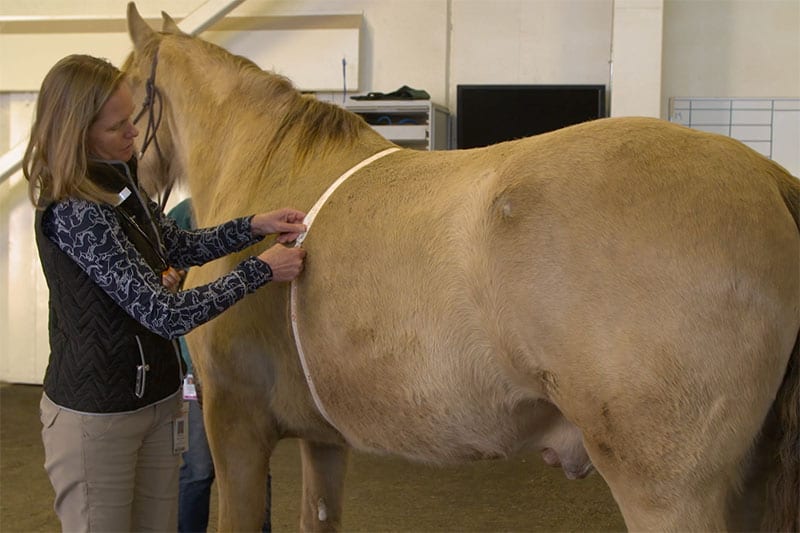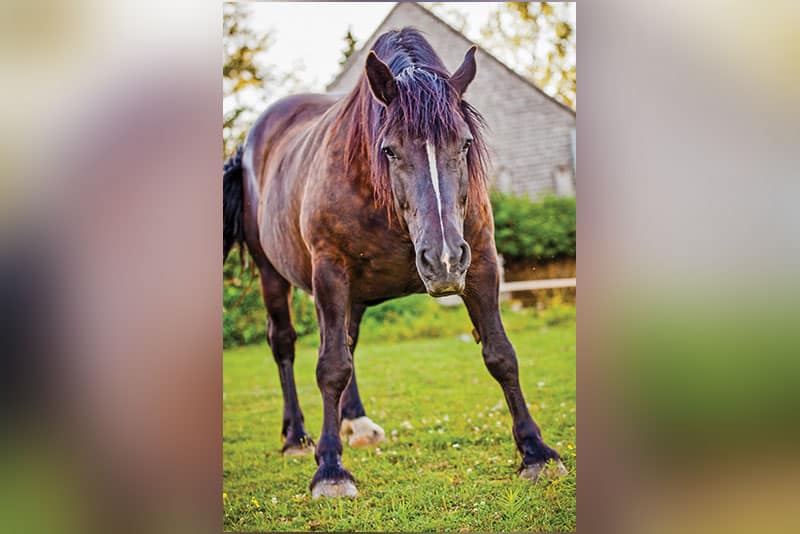
What Does It Mean When a Horse Is Insulin Resistant?
Insulin moves glucose from the blood into muscle and other tissue, but sometimes the process doesn’t go smoothly.

Insulin moves glucose from the blood into muscle and other tissue, but sometimes the process doesn’t go smoothly.

A veterinarian explains the relationship between high insulin and laminitis in horses.

An equine veterinarian explains the risks of breeding an insulin-resistant mare.

A careful approach to nutrition and exercise can help you keep your horse at an ideal weight.

Warm-season grasses, such as Bermuda and modified crabgrass, and early morning turnouts might be ideal for obese horses and those with metabolic issues.

We’ve compiled some of our best resources on these diets and what horses might benefit from them most. Sponsored by Hygain.

Why do some horses wear muzzles, but others don’t? Does your horse need to wear a muzzle year-round? From proper fit to feeding, here’s what you need to know about these weight-loss contraptions.

Learn the differences between equine metabolic syndrome (EMS), pituitary pars intermedia dysfunction (PPID), and insulin dysregulation (ID).

Get to know the nuances of donkey care, from treating metabolic issues to drug dosing.

Dr. Vern Dryden explains how equine metabolic diseases and laminitis are connected.

The key is adding weight carefully without triggering hyperinsulinemia and laminitis.

Abby Keegan, MS, PAS, an equine nutritionist for Cargill North America, will present considerations for designing appropriate diets for horses with equine metabolic syndrome (EMS) and how newly FDA-approved chromium might be beneficial. She’ll also share real-world example diets.

Equine nutritionist Dr. Clair Thunes offers tips on how to safely soak hay for horses.

Metabolic profiling might hold the key to pinpointing which at-risk equids are most likely to develop the hoof disease laminitis.

Veterinarians have warned owners of PPID horses about the predisposition they carry for laminitis. However, recent research suggests it’s not that black and white.

Hormone imbalances wreak havoc on horses and their hooves. Here’s advice to help manage equine metabolic syndrome.
Stay on top of the most recent Horse Health news with
"*" indicates required fields